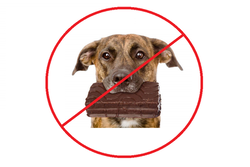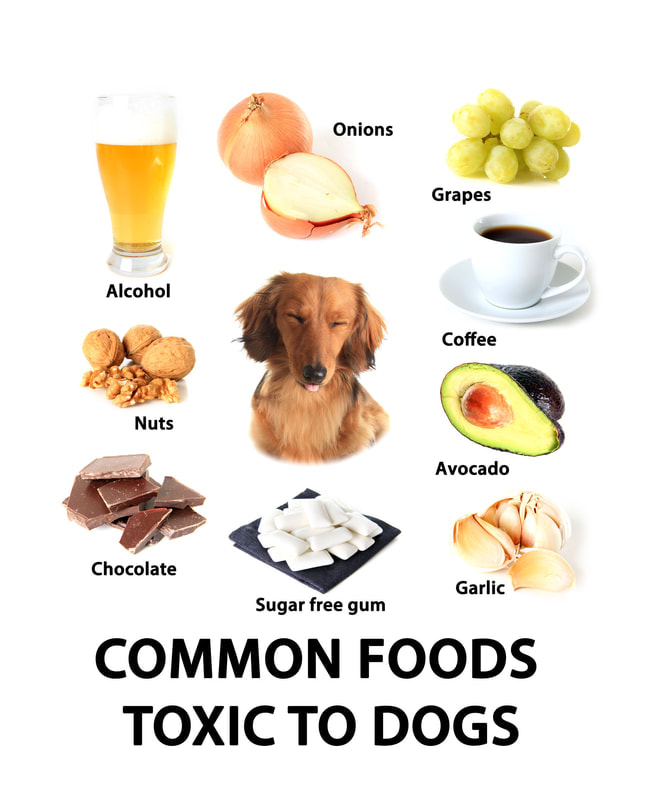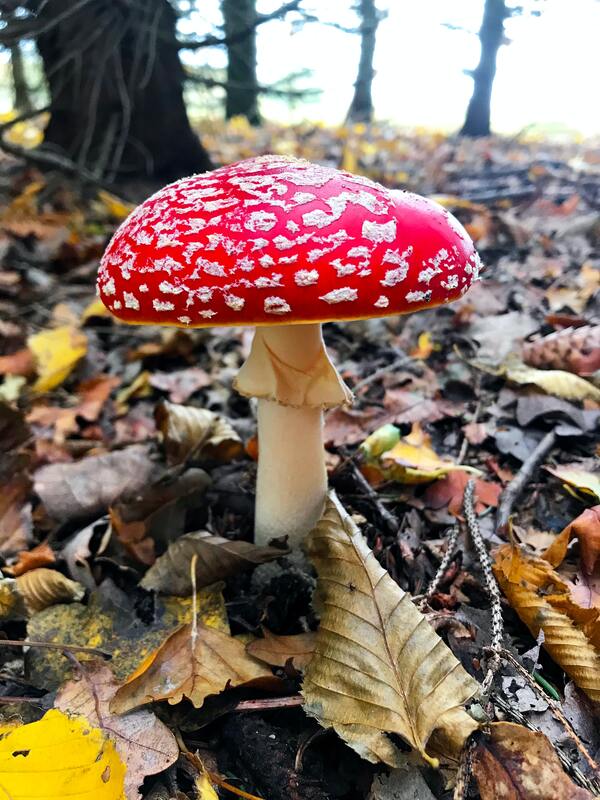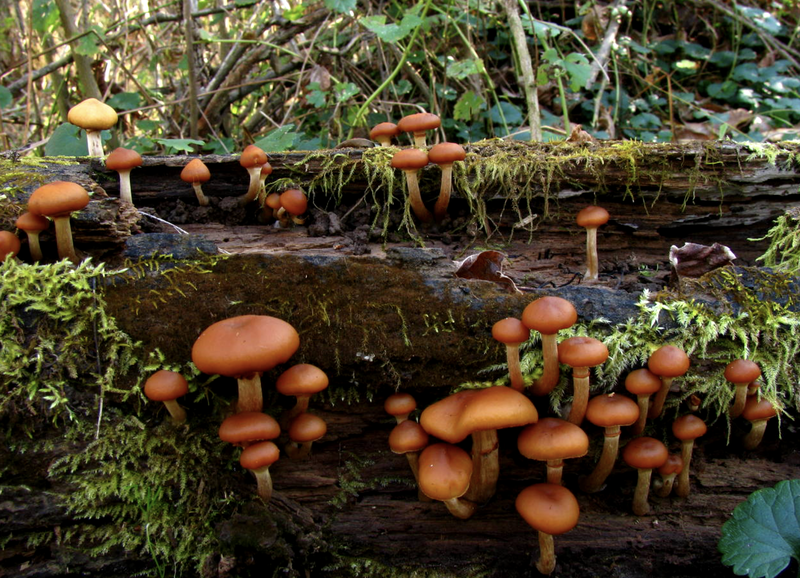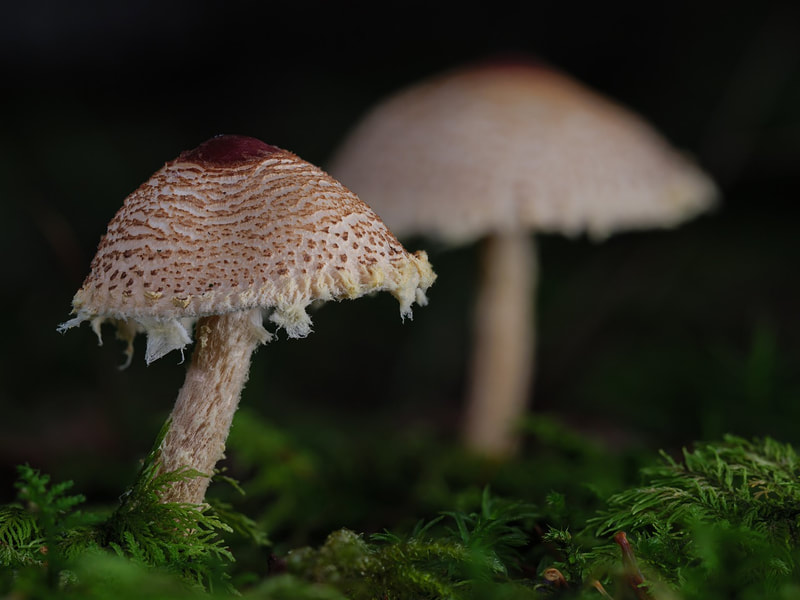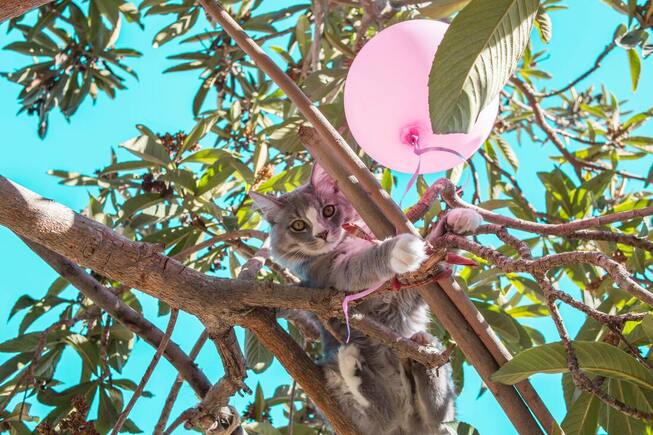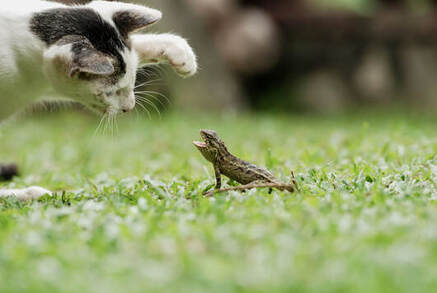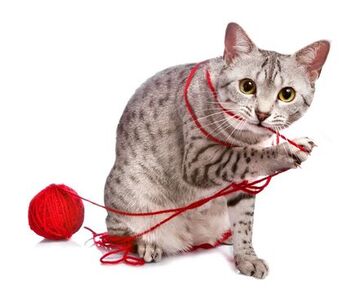Toxic Foods
|
|
For our Feline Friends
This list of foods is mostly true for cats as well; however, cats don't typically ingest these items. We want you to be more concerned with strings, balloons, and other various objects they may chew on and ingest as these can obstruct the GI tract. Also beware of your common outdoor lizard as they carry Salmonella.
Pet Food Recalls
Please visit the AVMA's website to learn more about Recalls and Safety Alerts on Pet Foods and Products:
Recalls/Safety Alerts Search | American Veterinary Medical Association (avma.org)
Recalls/Safety Alerts Search | American Veterinary Medical Association (avma.org)
Say YES to Grains!
You may believe grain free food is the best for your pet, however, dogs are omnivores and grains make up an important part of their diet. With most "grain free" diets the grains which slow the GI transit, make them feel full, and keep their bowels regular (preventing colorectal disease) are replaced with very fast digesting starches and powders which can wreak havoc on the glycemic index and predispose dogs to diabetes mellitus. Grain free should only be considered applicable if your pet has a rare allergy to grains.

